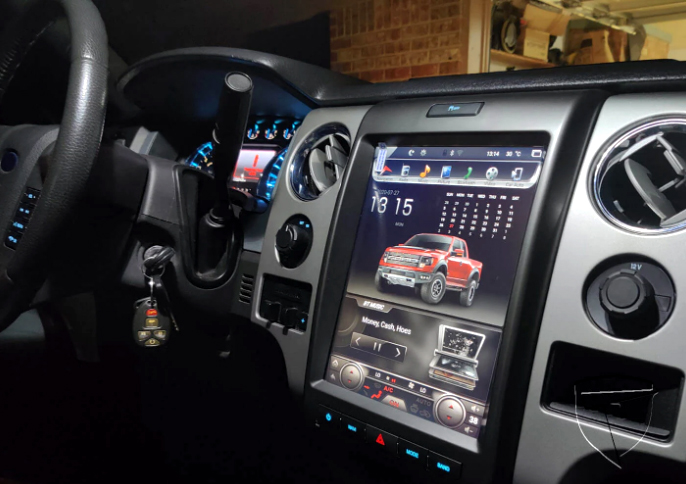Qualcomm is investing $46 billion to acquire Swedish automotive technology company Veoneer from Magna, potentially exceeding its 18% stake. | mashdigi

Although Magna, a Canadian automotive parts supplier that recently announced a partnership with LG to strengthen its presence in the automotive market, announced in July this year that it had agreed to acquire Veoneer, a Swedish supplier of Advanced Driver Assistance Systems (ADAS) technology, Qualcomm had earlierAnnounceThe company has obtained board approval and hopes to persuade Veoneer’s board of directors to sell the company’s assets to Qualcomm for a total value of US$46 billion.

According to Qualcomm, the transaction is expected to be priced at US$37 per share, which is higher than Magna’s total acquisition value of US$38 billion, and it emphasizes that the bid ratio will be approximately 18% higher than the price proposed by Magna.
Although Qualcomm has always emphasized in the past that it would not enter the self-driving car market, with the continuous improvement of intelligent assisted driving technology, and with more and more automakers describing advanced driver assistance systems as autonomous driving functions, these technologies are also the key foundation of fully autonomous vehicles. Therefore, Qualcomm’s current vehicle product layout is actually maintaining a certain parallel development with autonomous vehicles.
Therefore, Qualcomm is hoping to acquire Veoneer through a higher offer. Market perception is that Qualcomm is interested in Veoneer’s advanced driver assistance system technology and the underlying Arriver software. After all, no matter how advanced the sensor components are and how much data they can record, they still need better software algorithms to help vehicles effectively utilize this data. Only then can the vehicle accurately assess the conditions of nearby vehicles and decide whether to slow down or change lanes.
Qualcomm has been investing in the V2X vehicle application market in recent years, hoping to replicate its past experience in the mobile phone market. However, in the past few years, its development has mainly focused on smart car platforms, and only recently launched products for autonomous vehicle applications.Sanpdragon Ride Platform, claiming to be able to achieve up to 10TOPS of computing performance with lower computing power consumption, thereby supporting the computing power required for vehicles during autonomous driving.
The announcement of the acquisition of Veoneer may also be based onThe two parties had previously signed a cooperation agreementBy combining Veoneer’s perception and driving decision software technology with the Qualcomm Snapdragon Ride platform, the company aims to achieve Level 1 to Level 4 autonomous driving, with plans to deploy it in mass-produced vehicles by 2024. The decision to acquire Veoneer is clearly intended to ensure more stable growth in the automotive market.
link




